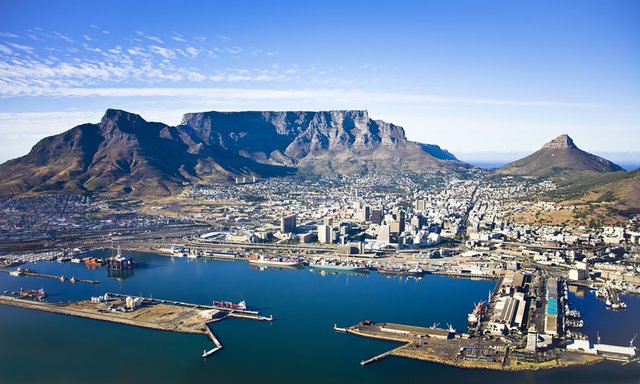
As Africa strives to pull itself out of extreme poverty – 28 of the poorest countries in the world are in Africa – the continent is opening its doors to foreign direct investment across major industries.
By Kumar S
The demography will play a crucial role in the way investments are made in the continent and how countries grow over a period. Consider this – the continent is expected to grow at an average of 5 percent annually for the next 20 years according to a recent report by Franklin Templeton. The continent which is currently home to one billion people will account for 3.2 billion people by 2100. The working population is expected to reach 2.1 billion by that time.
Africa offers a large consumer base to manufacturing and services sectors.
Tourism itself is a major investment opportunity which will have a cascading effect across most sectors. Many countries are on the cusp of a banking and financial services revolution as mobile banking become more commonplace with an ever-expanding growing subscriber base and ease of transactions leading the boom.
The report further says users of the mobile banking system have grown exponentially to 28.6 million registered customers since its founding in 2007.
The mobile revolution has also created avenues for investors in sectors such as retail, education and health care, leapfrogging the need for traditional brick-and-mortar assets and linking to the burgeoning population in emerging markets.
The continent is replete with natural resources which remains untapped and offers 60 percent of the uncultivated arable land. Almost all of Africa could play a key role as global demand for hard and soft commodities grow.
Shifting focus
Anti-colonial activist-politician and former Kenyan Prime Minister Jomo Kenyatta once said, “Our children may learn about the heroes of the past. Our task is to make ourselves the architects of the future”. Over the years, several African nations have shown a considerable willingness and risk appetite to reduce reliance on commodity-based revenue streams. They have opened their economies to investments and not shied away from making policy changes to enable ease of doing business and building the infrastructure needed to support the same.
This is yielding results leading to a more diversified income stream backed by business friendly and predictable policies.
Many African countries have traditionally depended upon oil exports to run their economies until they faced challenges from a significant drop in crude oil prices in the past couple of years. Not to say this came without hard lessons learnt. The crude oil prices plummeted for a sustained period since 2014 before showing signs of recovery only this year. This led to distress in an already ailing African economy. Some nations have since adopted prudent fiscal discipline measures, budget cuts and multiple currency devaluations.
Investment Destinations
A report by eturbonews.com in December published findings of Rand Merchant Bank’s (RMB) seventh edition of ‘Where to Invest in Africa’.
The report based its findings on the market opportunities, government policies and ease of doing business and country’s own willingness to shift from just a commodity-based economy to a more diversified one.
The report puts Egypt ahead of South Africa at the first place. Morocco occupies a third position while Ethiopia and Ghana are placed at fourth and fifth spots respectively. Kenya, Tanzania, Rwanda, Tunisia and Uganda follow suit in decreasing priority...
...to read more, visit https://indvstrvs.com/africa-looks-east-and-west-for-foreign-direct-investment/